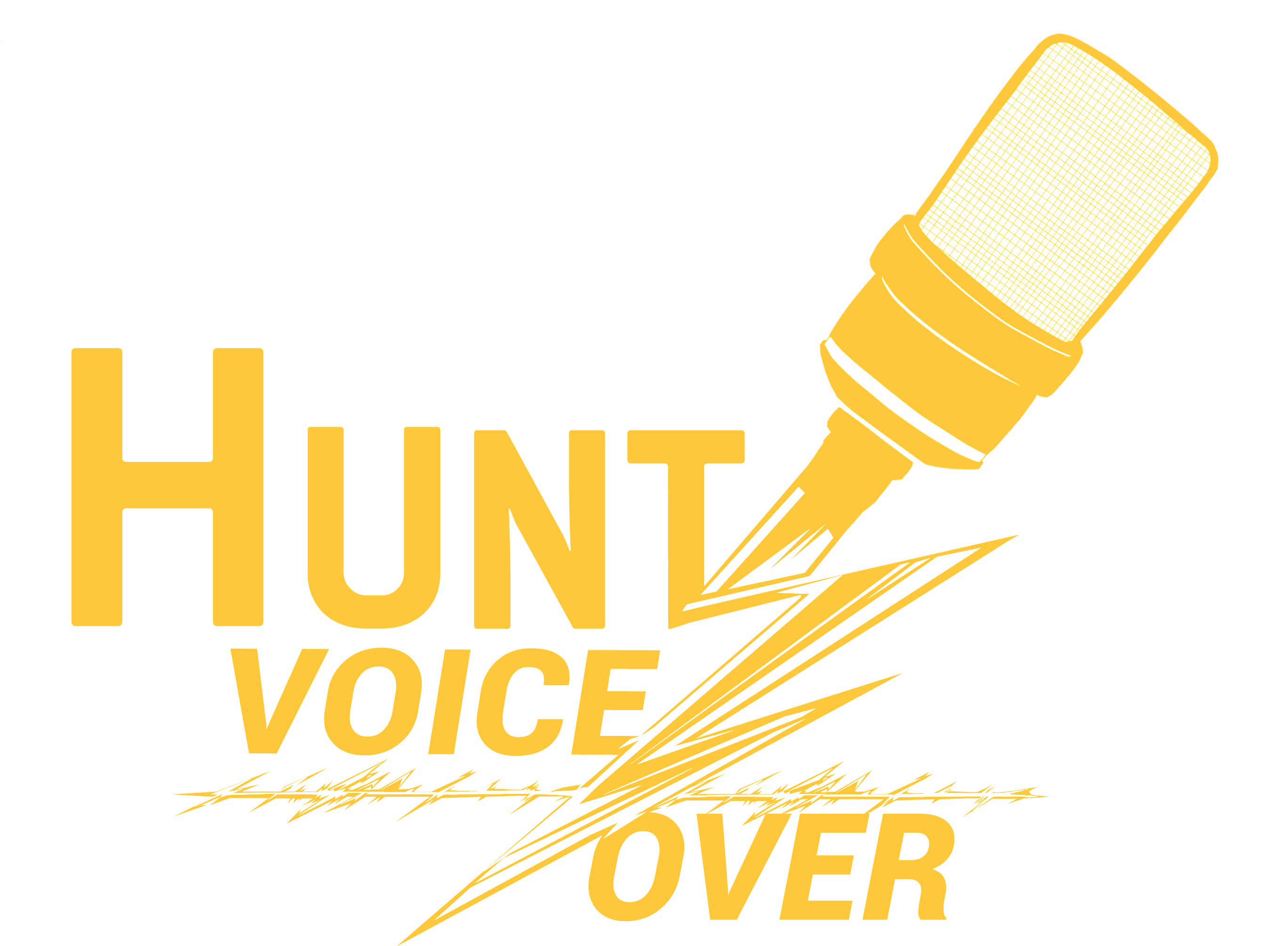Hiccups of Doom!
- Nathan Hunt

- Feb 19, 2021
- 3 min read
Every actor has their own struggles they need to overcome throughout their practice. Some are tangible and easy to clear up (such as technical mic skills), some are moderately difficult to rectify (such as getting your first professional booking), whereas some are more nebulous and challenging to address (such as connecting emotion to reads).
I myself have struggled with a nebulous reoccurring issue across my voice over career that developed far along my journey. And I have as of yet been able to overcome it fully, instead only developing mechanisms to mitigate it.
And this daunting challenge is....
HICCUPS!
There was a time in my life when I could exert and scream with high intensity all day long, with no need to be extremely mindful regarding how I utilized my vocal tools. This of course not being the best thing, but regardless I could do it. Until very recently... *queue suspenseful music*
Essentially my daunting challenge is this; in moments of high exertion such as attacks, impacts, and screams in which the vocal range of my delivery suddenly, and perhaps violently sounding, changes its delivery, occasionally my voice falters, replaced by a small hiccup.
So what? You may think, just do another take! Well my voice over enthusiasts, it alas is not this simple, because in certain instances this can result in me having hiccup fits, resulting in me functionally not being able to deliver lines for a period of up to 5 minutes. 5 minutes may not seem like a lot, but 5 minutes is an astronomical amount of time when in a recording session with a client. This is a huge hindrance!
Through working with various coaches to attempt to address this issue, the closest I have come to identifying the root cause of the issue is this:
"A healthy voice will sometimes use hiccups to protect itself when experiencing extreme stress."
This is good to know, but doesn't solve my issue! Its great to know that I have a healthy voice, but as a voice actor I need to be able to inflict this stress on it when required to deliver on client needs. It doesn't matter that these types of screams are rare, it doesn't matter that I can dial in the scream to avoid the issue, it matters that I can't control this physiological element of my voice and this limits my performance.
So how then can I deal with this nebulous hurdle? As I mentioned earlier, I have strategies to mitigate it that are hit and miss in their effectiveness:
Ensure my voice is warmed up.
Reduce the quick cuts in my vocal range.
Increase my vocal mindfulness and thread the needle on my delivery.
If I stick to the above strategies, the issue is much less likely to arise but still can come up at unexpected times.
What is so interesting about this evolution in my voice, is that this comes at a time when I have become more emotionally engaged to text than ever before, and have started leaning more and more away from 'making a voice' and more and more towards engaging emotionally with the script. I wonder, intuitively, if this stems from the breadth of my voice delivery decreasing.
Regardless, it is a challenge to overcome and one I continue to approach analytically and, perhaps more importantly, optimistically. As a voice over artist, our natural aptitude and capabilities naturally ebb and flow throughout our practice as voice over is an extremely physical skillset, challenges like I have referenced above are simply a crack in the road on our long journey.
Want to say a quick thank you for my VO content? Share this article, or treat me to a coffee below.









Comments